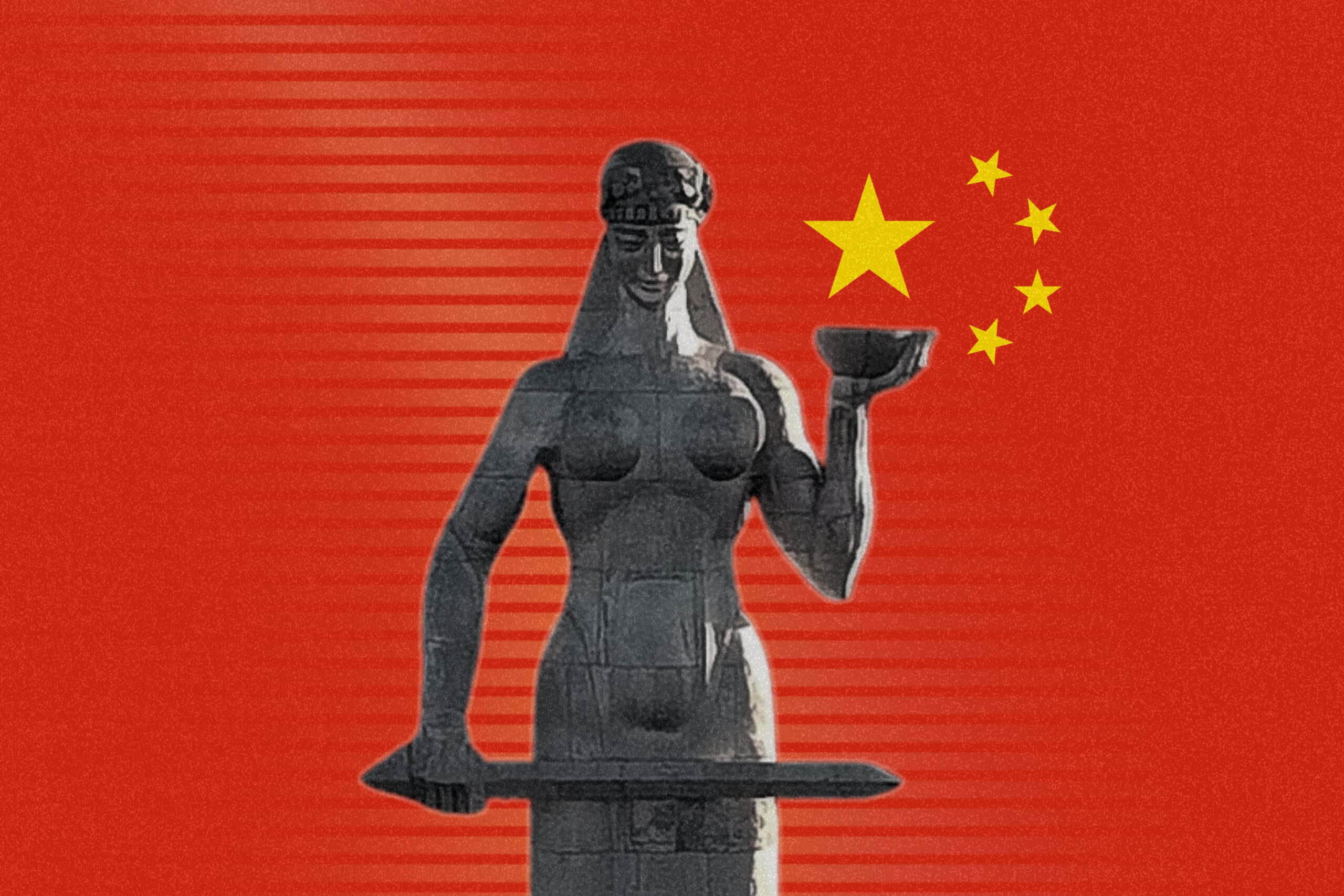
NATO Secretary General Mark Rutte has said that the alliance is ‘very worried’ about ‘what’s happening in Georgia’, but declined to explicitly say that membership was off the table.
In an interview with RFE/RL on Monday, Rutte said he was ‘not naive’ about the situation in Georgia. The comments came in connection to a question about the country’s growing relationship with China.
Rutte said NATO’s concerns had been made ‘clear’ to Tbilisi, but added the alliance will maintain cooperation with Georgia.
‘I think that cooperation itself serves a purpose now also to make sure that we have this channel to make clear what our worries are’, Rutte said.
He did not comment on the specifics of NATO’s worries about Georgia, or if they were directly connected to the country’s ties to China.
Tbilisi and Beijing have strengthened relations in recent years, primarily related to business and infrastructure projects, but there have been some limited forms of security cooperation, mostly in the form of Georgian purchases of Chinese-made law enforcement equipment, including surveillance cameras.
‘And let’s also look at this a bit holistic[ly], because there is Georgia, but we also see what is happening between Armenia and Azerbaijan, which seems to be in a much better place thanks to what [US] President [Donald] Trump is doing’, Rutte said. He was likely referring to the Washington meeting in August 2025 that Trump facilitated between Armenian Prime Minister Nikol Pashinyan and Azerbaijani President Ilham Aliyev, which resulted in the initialling, but not official signing, of a peace treaty.
While it has made little tangible progress in recent years, NATO accession has long been one of Georgia’s primary geopolitical goals.
At the NATO summit in Bucharest in 2008 — just a few months before the August War — NATO leaders promised that Ukraine and Georgia would have a path to membership.
Despite a subsequent change of government, Georgia’s accession to NATO has remained a constitutionally-enshrined goal.
Polls conducted over the intervening years have found that a majority of Georgians would support NATO succession, although significant numbers would also support military neutrality.






![Baia Margishvili standing in central Tbilisi with a sign reading: ‘The Prosecutor’s Office [is] a punitive squad. How many more innocent people will you put in prison?’ Photo: Mariam Nikuradze/OC Media.](/_next/image/?url=https%3A%2F%2Fassets.bucket.fourthestate.app%2Foc-media-prod%2Fcontent%2Fimages%2F2026%2F02%2Fcalls-for-sanctions-and-raids-19-10-25-48.jpg&w=3840&q=50)




